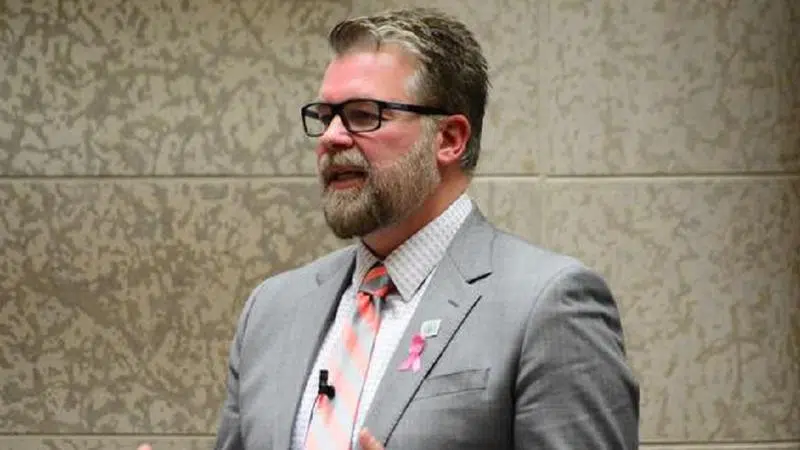
Teachers sanctions vote historic: P.A. local union president
The president of the Prince Albert and Area Teachers’ Association is calling the overwhelming vote for sanctions an historic moment.
Ted Zurakowski was speaking to the 90 per cent of Saskatchewan Teachers’ Federation (STF) members who voted in favour of some sort of work sanctions in order to get the provincial government to include student supports and class composition in their new contract. That could include a full walk-out or lesser action such as withdrawing volunteer hours for extracurricular activities.
“It is [historic],” Zurakowski told paNOW. “We’ll look back at this in 20 years’ time and say ‘What was so important that teachers voted for job sanctions? What was so important at the time that teachers stood up for students?’”
According to the STF, teachers have only withdrawn professional services once since provincial bargaining began in 1973.


